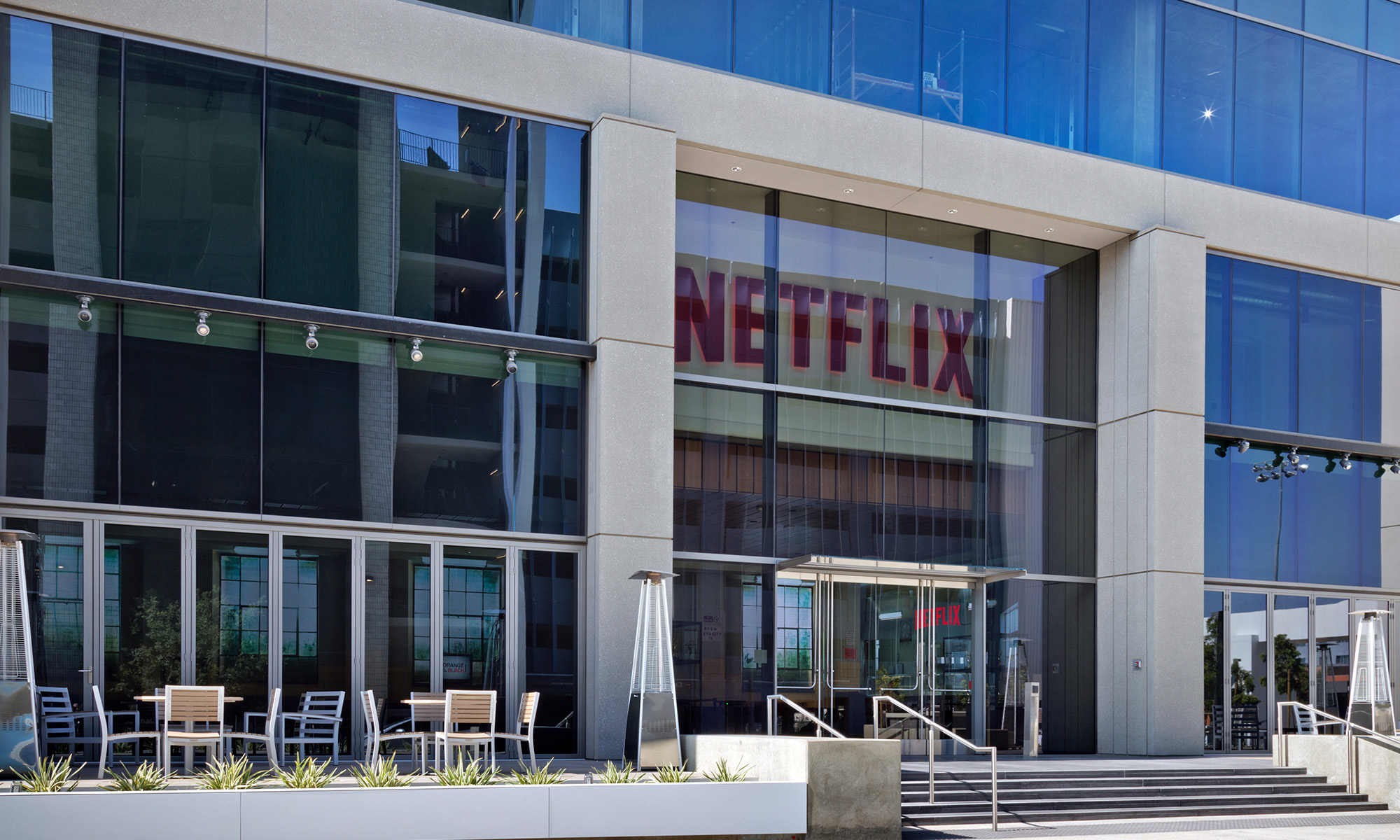In less than a decade, Netflix (NFLX 0.87%) went from a DVD-by-mail company to pioneering and now leading the video streaming industry.
That's impressive enough in and of itself, but what's most remarkable is that the company did it all on its own, without making any of the blockbuster acquisitions that have become commonplace in the media industry. In fact, nearly all of Netflix's rivals have come to the fore thanks to major mergers or acquisitions. It's hard to imagine Disney (DIS 7.40%), the owner of Hulu and Disney+, without Marvel, Pixar, and LucasFilm, and its more recent $71 billion acquisition of Fox's entertainment assets. Similarly, HBOMax is the result of AT&T's acquisition of Time Warner, and now the telecom giant is set to spin off its Warner Media division, which contains HBO as well as TNT and TBS, with Discovery Communications. Viacom and CBS got back together to form ViacomCBS and launch Paramount+, and even Amazon nabbed MGM Studios for $8.5 billion, giving it the James Bond franchise, among other prizes.

Image source: Netflix.
Netflix, on the other hand, did not make any acquisitions until 2017 when it bought comic book publisher Millarworld -- though that was a small deal, estimated to be in the range of $50 million.
After years of mostly eschewing acquisitions, Netflix may finally be taking a hint from Disney, which built an entertainment empire on the back of brands like Marvel, Pixar, Star Wars.
Time to go shopping
In the span of just a week in September, Netflix made two acquisitions that show the company could be thinking much differently about its approach to content.
First, it acquired the Roald Dahl Story Co., giving it access to the popular children's book author's catalog. Dahl's work has been translated into 63 languages and he's sold more than 300 million books. Netflix already has a series based on Charlie and the Chocolate Factory in the works, as well as an adaptation of Matilda The Musical. In combination with the Millarworld deal and its 2019 acquisition of StoryBots, a producer of animated series, Netflix is clearly trying to beef up its children's entertainment catalog.
Then, just a week after it closed the Roald Dahl deal, Netflix said it would acquire Night School Studio, a video game maker best-known for OxenFree. That news came after Netflix said in its second-quarter earnings report that it was planning to enter the mobile gaming market, bundling games with video entertainment for its subscribers.
The long-term plans for these properties are unclear at this point, but Netflix seems to be looking to outside sources for content, and that's an important shift.
Why the Disney model works so well
Netflix has spent around $17 billion annually on content in recent years, but it has relatively little to show for it in terms of franchises. Though the company has won piles of Emmys and Oscars at this point, its traditional strategy -- developing its own original content -- is expensive and difficult to reproduce.
Contrast that with the franchise model, best exhibited by Disney, which provides a never-ending source of content. Disney has tapped characters and other intellectual property from brands like Marvel and Star Wars for a hit parade of television and movies that is likely to continue for decades into the future. And Disney can parlay people's affinity for those brands and movies to sell theme park tickets, toys, and other products, rounding out both the business and the fan experience.
While that may be a dull approach to entertainment from a creative perspective, as a business it works wonderfully and is one reason why Disney is a profit machine.
A few years ago when Netflix was burning billions a year in free cash flow, making acquisitions wouldn't have made sense -- but Netflix is no longer the high-flying, debt-driven growth stock it was then. Today the business is solidly profitable, and the company can self-fund its growth from here on out, meaning it won't need to take on any more debt.
With a subscriber base of 200 million, Netflix can also easily justify making the kind of major acquisitions that its competitors have made. It needs content to feed the diverse interests of its audience, and adding some franchises would fill a hole in its model. It's also seeking other monetization avenues, having opened a store on Walmart's website where it can sell branded merchandise from hit shows like Stranger Things and Squid Game.
The company expects its operating margin to increase by three percentage points on average annually, and as its profits grow, acquisitions will make even more sense -- the company will have plenty of cash, and should find a better way to put that capital to use than share buybacks.
Netflix's third-quarter earnings report is due out next week. Look for management to provide some insight into those two recent acquisitions, as well as its thoughts on purchasing more content. A smart acquisition strategy could open up another move higher in the stock.







